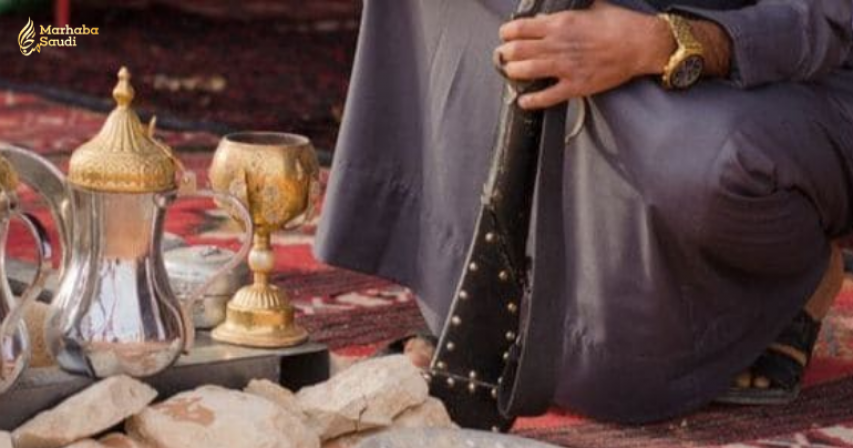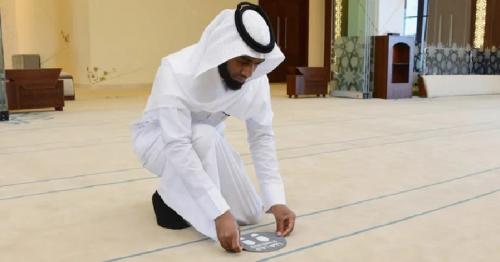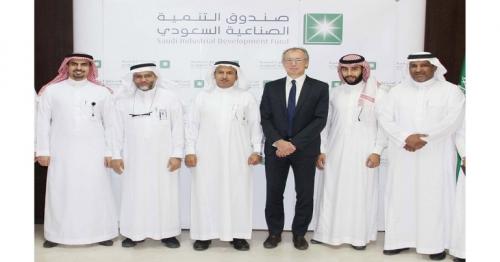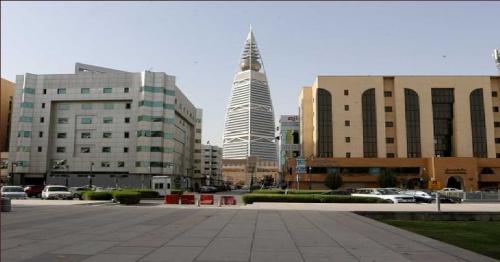Know the Vibrant Culture of Saudi Arabia

Saudi Arabia has been for many years, a difficult country to visit. However, in efforts to open up the country to foreign visitors, the Kingdom will introduce an electronic visa for Saudi Arabia. Currently, only citizens of the United Arab Emirates, Bahrain, Kuwait, and Oman can travel to Saudi Arabia visa-free. Citizens of all other countries are required to get a visa to enter the Kingdom of Saudi Arabia. Applying for the online Saudi Arabia visa will be a simpler and faster process. Travelers will need to meet the requirements and follow the instructions carefully.
The culture of Saudi Arabia is highly influenced by both Arab and Islamic cultures. Those who wish to visit the Kingdom should be aware that the country is deeply religious, conservative, and traditional. Some of the core beliefs are rooted in centuries-old traditions and customs. The culture has also been impacted by rapid growth as Saudi Arabia transformed in the 1970s, from impoverished nation to economic power.
The Wahhabi Islamic Movement
The Wahhabi Islamic Movement, which arose in the 18th century, is an Islamic doctrine and religious movement which was founded by Muhammad ibn Abd al-Wahhabi. Several different sources and critics have described this movement as ultraconservative, austere, and puritanical. However, it has significant force in Saudi Arabia. Due to its influence, there are many limitations and prohibitions on how people dress and behave. Rules are enforced strongly legally and socially, for example, alcohol consumption is strictly prohibited.
Main Religion: Islam
Saudi Arabia is home to the Mecca (or Makkah), one of the most sacred places on earth for Muslims. Each day, Muslims are called to prayer five times a day. Friday is the holiest day for Muslims, therefore weekends take place on Friday and Saturday.
Respecting Wahhabi doctrine, there were only two publicly recognized religious holidays: Eid al-Fitr and Eid al-Adha. In 2006, September 23rd became a national holiday, which recognizes and commemorates the unification of the kingdom.
National Heritage
The government of Saudi Arabia emphasizes on the importance of preserving and caring for the national archeological and heritage treasures. A variety of institutions have been established throughout the country in order to preserve it.
One of them is the Department of Culture at the Ministry of Culture and Information, which sponsors a wide range of cultural programs that include drama and literary clubs, folklore classes, arts and crafts, science projects and library events.
The Department of Culture often sponsors exhibitions, literary readings, and symposia at its regional offices and Riyadh headquarters. The department, additionally, supports and sponsors Saudis to participate in international art and cultural events.
Language: Arabic
Saudis speak Arabic, one of the oldest groups of languages in the world. It was used in pre-Islamic times. As Islam and its culture expanded in the 7th century AD, the language spread north, east, and west. There are about 200 million people who speak Arabic around.
Arabic is also the language of the sacred book of Island, the Holy Quran, and little has changed over the centuries.
Traditions and Customs of Saudi Arabia
Traditions in Saudi Arabia all come from Islam and Arab customs. An important event for all Saudis is Ramadan, the holy month. During this period Muslims fast from dawn to dusk. The fasting culminates with the Eid Al Fitr holiday.
Due to the importance of Ramadan, public observance of the fast is mandatory. Foreign visitors or non-Muslims in Saudi Arabia should avoid eating, smoking, or drinking in public during Ramadan between the hours of sunrise and sunset. Doing so is a serious offense.
Another important event is the Hajj, the pilgrimage season which draws millions of Muslim pilgrims from around the world and who come to the Makkah. The season ends with Eid Al Adha.
Saudis value generosity and hospitality, it is an essential part of their culture. Arabic coffee and how the coffee is prepared are a tradition that has been passed on from generation to generation. Coffee is served in small cups accompanied by dates and sweets as a gesture to welcome visitors or greet friends and family.
It is essential to know that conservative dress is a basic rule in Saudi Arabia. Shorts are not okay to be used in public. Women must cover themselves with the traditional abaya. Women must be especially careful and respect the dress code.
In several public areas, including restaurants, there is a male and a ‘family’ section, which is essentially for women. In the family section, men can only enter with their families.
What Currency Do They Use in Saudi Arabia?
The unit of currency in Saudi Arabia is the Saudi Riyal (SR). One riyal is divided into 100 halalas. The Saudi Riyal is a stable coin, which can be globally traded. There aren’t any restrictions on its import or export. Coins come in 25 and 50 halala denominations and bills are available as SR1, SR5, SR10, SR20, SR50, SR100, SR200, and SR500.
When shopping in casual shopping areas and most souqs bargaining is expected and part of the culture. Usually, prices are quoted higher than what a local may pay. It is okay to offer half of what is being asked and bargain until agreeing on an acceptable price for both parties.
/ Source: https://www.saudiarabiavisa.com





Comments